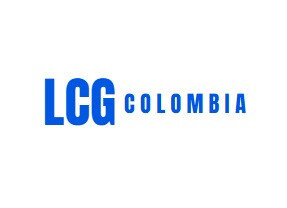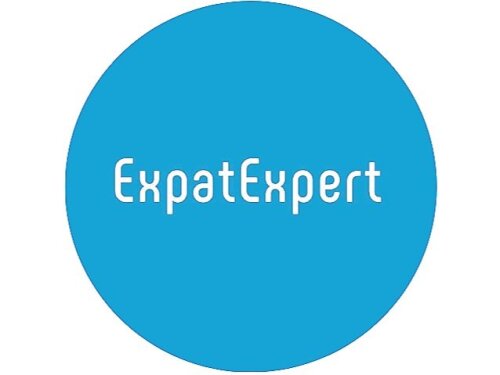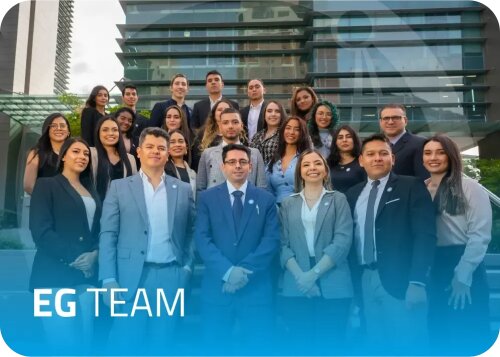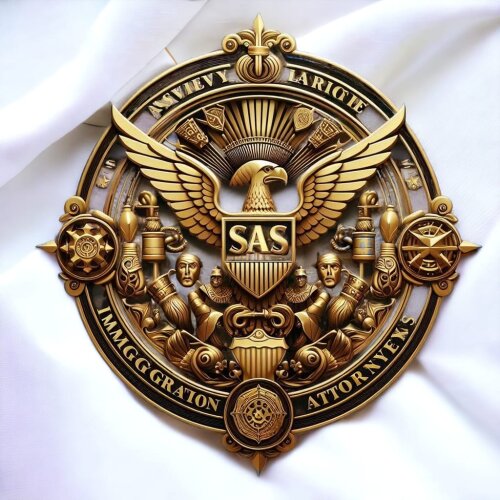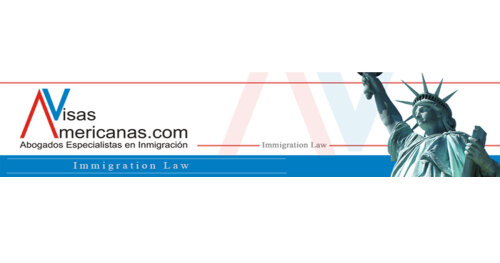Best Immigration Lawyers in Bogota
Share your needs with us, get contacted by law firms.
Free. Takes 2 min.
List of the best lawyers in Bogota, Colombia
About Immigration Law in Bogota, Colombia
Immigration law in Bogota, Colombia, governs the processes and requirements for entering, residing, and working in the capital city. Bogota is both a major destination and a transit point for people seeking new opportunities, family reunification, or refuge. The Colombian immigration system is managed chiefly by Migración Colombia, the governmental authority overseeing visa applications, residence permits, and the enforcement of immigration laws. Whether you are coming for work, study, investment, or seeking protection, understanding the law is crucial for a smooth transition and ongoing legal compliance.
Why You May Need a Lawyer
Navigating immigration procedures can be complex, especially for those unfamiliar with local law and documentation standards. Common situations where legal help may be necessary include:
- Applying for or renewing a visa for work, study, investment, or family reunification
- Dealing with visa or residency application rejections
- Facing deportation or expulsion proceedings
- Seeking asylum or refugee status due to persecution or conflict
- Addressing issues arising from irregular entry or overstaying a visa
- Translating and authenticating foreign documents for legal use in Colombia
- Interpreting changes in regulation or new government policies impacting immigration status
- Dealing with employer sponsorships or corporate transfers
- Assisting family members abroad to join you in Bogota
- Facilitating citizenship applications after meeting the required residency period
Local Laws Overview
Colombia's immigration framework is outlined by several laws and decrees, with the Ministry of Foreign Affairs and Migración Colombia implementing day-to-day regulations. Key aspects of local laws relevant to immigration include:
- Visa Categories: Colombia offers Visas Tipo V (Visitor), M (Migrant), and R (Resident), each with distinct purposes and eligibility criteria. Each type allows different activities, such as tourism, business, study, work, or long-term residency.
- Application Process: Most visas require online applications, supporting documentation, and interviews at Colombian consulates or the Ministry of Foreign Affairs. Documentation may include proof of income, criminal background certificates, health insurance, and sponsorships.
- Residency and Citizenship: Long-term residents can apply for residency status and, after meeting time requirements and language proficiency, pursue Colombian citizenship.
- Legal Stay and Overstays: Overstaying your visa or entering without proper documentation can result in fines, expulsion, or entry bans. It is critical to monitor visa expiration dates and comply with exit requirements.
- Work Authorization: Not all visas grant the right to work. Holding employment without proper authorization can jeopardize your legal status.
- Family Reunification: Some visas permit bringing immediate family members, though additional requirements and applications may apply.
- Asylum and Refugee Protections: Individuals fearing persecution may seek special protection and legal status under Colombian law, following an interview and review process.
Frequently Asked Questions
What types of visas are available for foreigners in Bogota?
Colombia generally offers Visitor (V), Migrant (M), and Resident (R) visas. Each one serves a distinct purpose such as short visits, work, study, family, investment, or long-term residence.
How do I apply for a Colombian visa?
Applications are submitted online through the Ministry of Foreign Affairs or at a Colombian consulate abroad. Requirements vary by visa type but typically include a passport, photos, application forms, supporting documents, and payment of a fee.
Can I work in Bogota with a tourist visa?
No. Tourist or visitor visas do not permit employment. To work legally, you need a work-authorized visa such as certain Migrant or Resident visas.
What happens if I overstay my visa?
Overstaying can result in financial penalties, deportation, and potential bans on reentry. It is important to seek legal advice if you face this situation.
How long does it take to process a visa application?
Processing times vary, typically from a few days to several weeks, depending on the visa category, completeness of the application, and current government backlogs.
Can my family members join me in Bogota?
Yes. Many visa categories allow for family reunification. Additional documentation, such as proof of relationship and financial support, is required.
What rights do I have as an immigrant in Bogota?
Immigrants are entitled to fair treatment, due process, and may access public services like health care and education, depending on their legal status and type of visa.
How can I apply for residency or citizenship?
Permanent residency is available after holding certain visas for a set period. Citizenship may be granted after five years of permanent residency (reduced to two years in some cases), passing a language and knowledge test, and demonstrating integration into Colombian society.
What should I do if my visa application is denied?
You have the right to seek clarification and may appeal the decision or reapply. Consulting an immigration lawyer can help identify and address issues in your initial application.
Do I need to legalize or translate my documents?
Yes. Most foreign documents must be translated into Spanish and legalized with an apostille or at a Colombian consulate before submission.
Additional Resources
Several resources and organizations can help those seeking legal advice about immigration in Bogota:
- Migración Colombia: The primary government authority for immigration matters
- Ministry of Foreign Affairs (Ministerio de Relaciones Exteriores): Handles visa processing and policy
- Defensoría del Pueblo: Offers support for human rights and legal assistance
- International Organization for Migration (IOM): Provides support for migrants and refugees
- Local non-profit organizations specializing in migrant and refugee aid
Next Steps
If you need legal assistance with immigration in Bogota, consider the following steps:
- Clearly identify your immigration goals and gather all personal documents such as passports, prior visa stamps, and supporting evidence.
- Consult the official websites of Migración Colombia and the Ministry of Foreign Affairs for up-to-date requirements and procedures.
- If your case is complex or you feel uncertain, contact a qualified immigration lawyer in Bogota. Legal professionals can guide you through the process, advise on your options, and help prevent mistakes that could delay or jeopardize your application.
- Prepare to attend appointments or interviews as part of the process, and always keep electronic and paper copies of all submitted documents.
- If facing urgent or delicate circumstances such as deportation or asylum, seek legal assistance promptly to protect your rights and interests.
Lawzana helps you find the best lawyers and law firms in Bogota through a curated and pre-screened list of qualified legal professionals. Our platform offers rankings and detailed profiles of attorneys and law firms, allowing you to compare based on practice areas, including Immigration, experience, and client feedback.
Each profile includes a description of the firm's areas of practice, client reviews, team members and partners, year of establishment, spoken languages, office locations, contact information, social media presence, and any published articles or resources. Most firms on our platform speak English and are experienced in both local and international legal matters.
Get a quote from top-rated law firms in Bogota, Colombia — quickly, securely, and without unnecessary hassle.
Disclaimer:
The information provided on this page is for general informational purposes only and does not constitute legal advice. While we strive to ensure the accuracy and relevance of the content, legal information may change over time, and interpretations of the law can vary. You should always consult with a qualified legal professional for advice specific to your situation.
We disclaim all liability for actions taken or not taken based on the content of this page. If you believe any information is incorrect or outdated, please contact us, and we will review and update it where appropriate.
Browse immigration law firms by service in Bogota, Colombia
Bogota, Colombia Attorneys in related practice areas.



